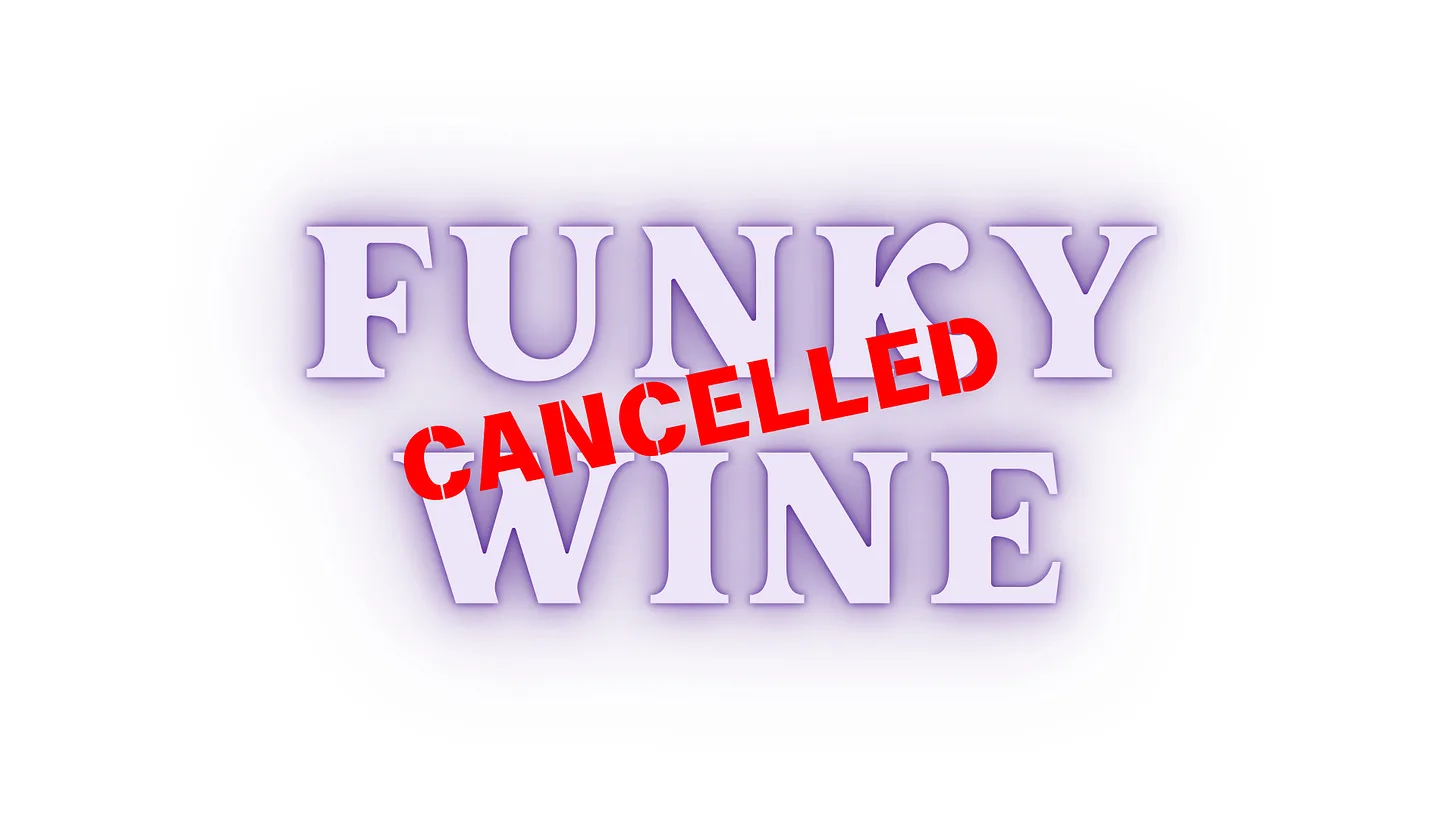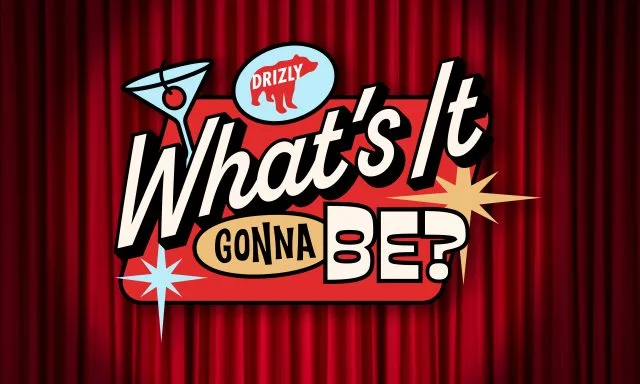You don’t have to spend too long hanging around in natural wine circles before someone mentions the F-word. I’m not talking about bad language here. Someone pops a bottle, you take a sniff, wow… “that’s funky”. It just slips out.
I’ve spoken to several wine retailers and importers in the last few months who say they have banned their staff from deploying tha funk as a descriptor. The latest mini-protest comes from More Natural Wine, Berlin’s dynamic wine duo Chris and Anika Foster. Chris’s recent Instagram video has him explaining to camera that the term is meaningless and therefore valueless.
This got me thinking. What do people really mean when they say a wine is funky? Why do they use the word at all, and why do people like Chris regard it as an unhelpful or even potentially confusing term?
Let me start with why I would describe a wine as funky. To me it is a kind of catch-all code-word to describe something that is outspoken and bit on the wild side. But it’s more than that. My use of funky is generally positive. It’s about the kind of dirt that makes life interesting, it’s the blue veins of a ripe stilton cheese or the tang of a super-fermented kimchi. It’s not full-blown bacterial spoilage or the outright disgusting smell of a rubbish bin.
In that sense, the word holds more nuance than you might think. But that’s just my take. What if we probe a bit deeper into funk’s murky origins?
I made
This Article was originally published on The Morning Claret





